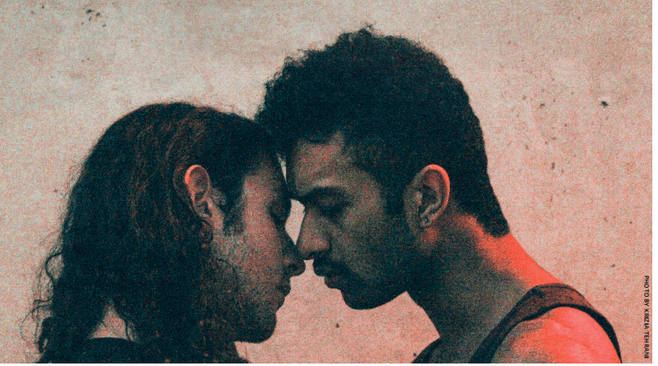Bradley Ferns, Contributor
Accidentally swiping left on your potential future life-partner is rapidly becoming a problem for a thirsty generation of adolescents who have flocked to Tinder in order to find their potential “bae.” Tinder has been growing in popularity due to its comfortable anonymity and the ego-boosting side effects after receiving a match.
This is particularly true among the LGBTQ+ community, where meeting a person of the same sexual orientation that you like is remarkably difficult. Apps like Grindr have been useful to LGBTQ+ who are afraid of the inevitable experience of falling for someone who is not interested, or more unfortunately common, straight.
I have been using Tinder for a year, and while I have been satisfied and often surprised at the friendships I have made, I have yet to actually meet up with someone. While I know this experience is not universal, it is very common to rack up a bunch of matches and speak to none of them.
This is largely due to the nature of social anxiety on social media where no one wants to be the first person to follow, like, comment, or in this case, send a message. Being perceived as desperate or clingy prevents any meaningful interaction from occurring.
When one steps into the world of Grindr, they might not get the romantic ending they were anticipating. In my brief, but memorable experience, it is primarily a hook-up and hyper-sexual environment that seldom allows for anything beyond the physical.
There is no wrong in wanting sex, but the problem of finding meaningful, long-lasting relationships is something the LGBTQ+ community constantly faces and is not being adequately solved through these apps. This might leave users feeling objectified, used, and even more isolated. One has to have a certain amount of trust in who they interact with.
Many of my friends have disappointingly admitted that over the course of months, they only garnered few to no matches or messages. This simply adds to the overwhelming human emotions of rejection, isolation, and low self-esteem.
It is this exact uncertainty that provokes my cynicism about the apps. It all just seems like work, something that the initial stages of romance should not necessarily be. Building a profile, having the perfect bio, and the emotional stress of wondering what you’re doing wrong are mentally exhausting.
I do not want to claim that these apps are useless or meaningless. In fact, one of my close gay friends recently met the love of his life on Tinder, which I’ve always told him is kind of crazy considering the fact that a swipe left by either of them might have changed everything.
My tip would be to try and showcase the best side of you, the side of you that you would want everyone to see, full of all your best, goofy, sexy, smart, and unique qualities. After all, a bad profile might just prompt the person of your dreams to swipe your potential future to the left.


